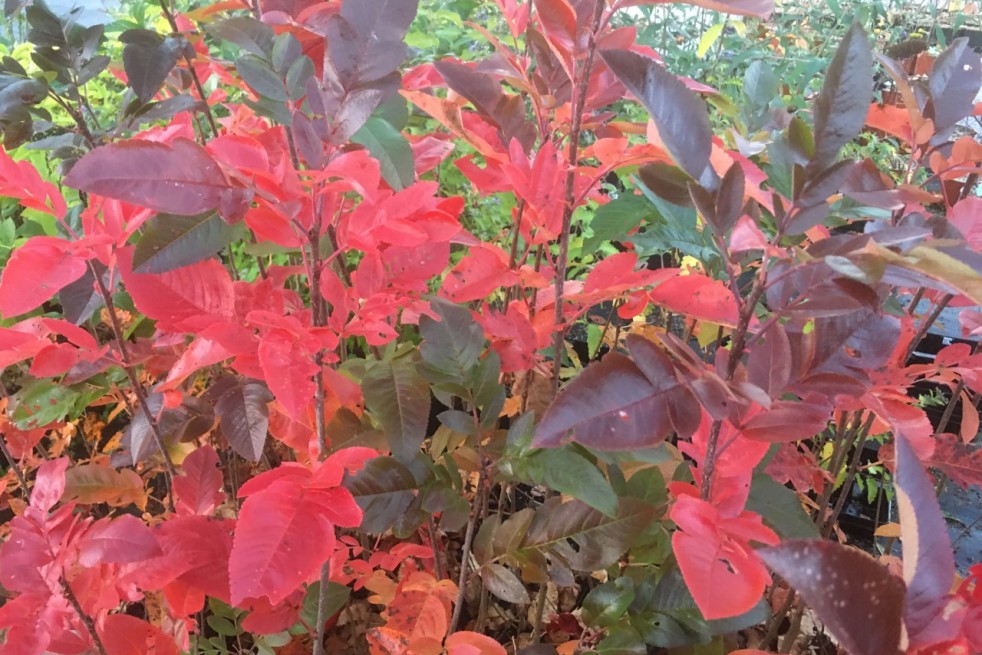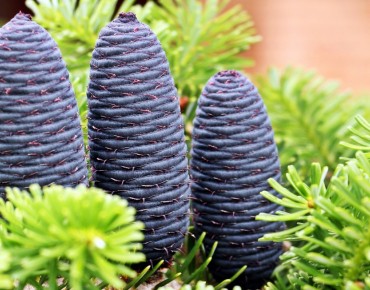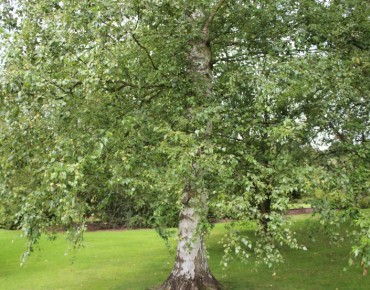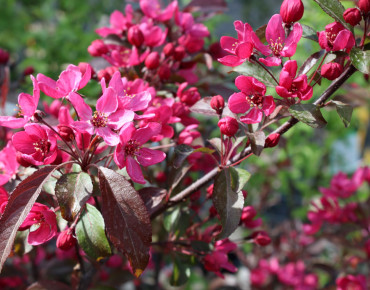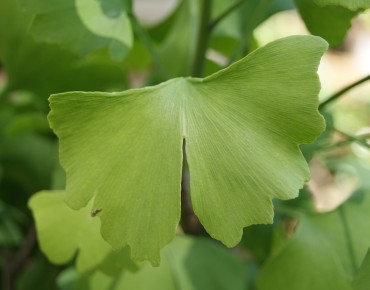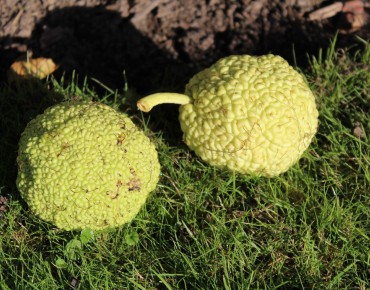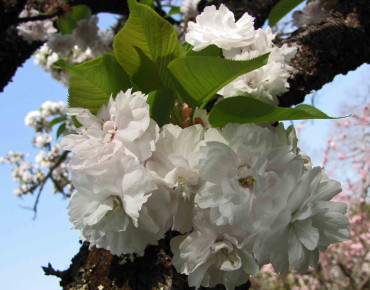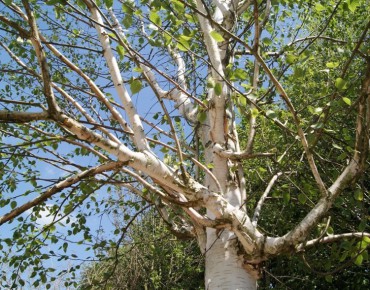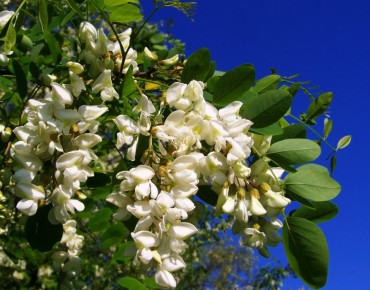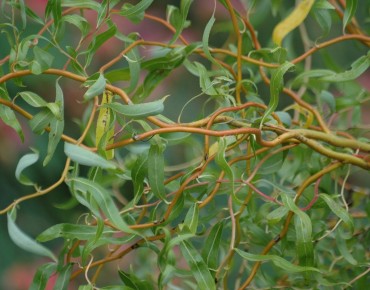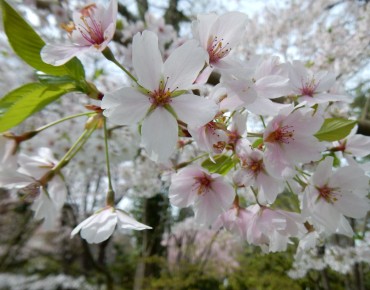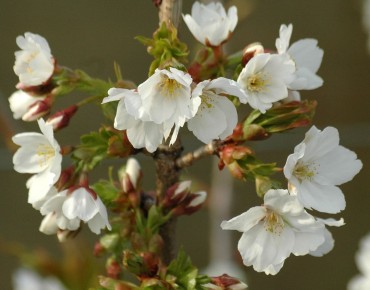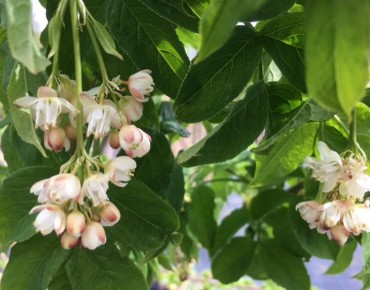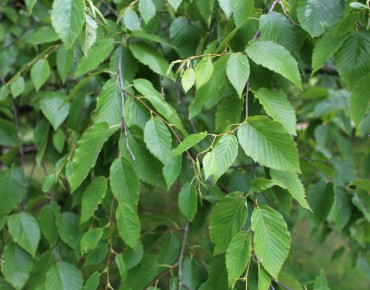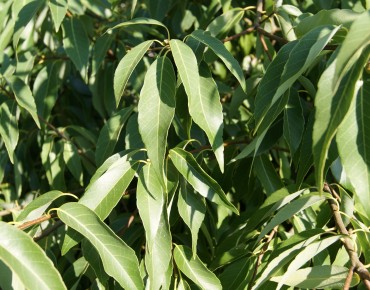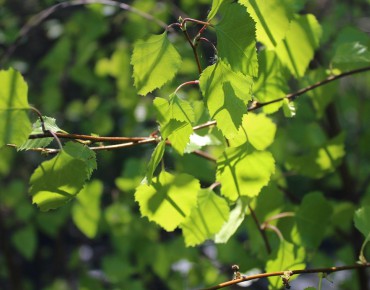- Out-of-Stock
Rowan Burka
Sorbus Burka
Description
The Rowan Burka originated in Russia. Its origin justifies its resistance to cold temperatures down to -25°C. It is the result of a cross between Sorbus Aucuparia and Sorbaronia (itself a hybrid between Sorbus Aucuparia and Aronia melanocarpa). The lucky owners of this very rare fruit tree enjoy a self-fertile and very productive shrub. Its large fruits, 2 cm in diameter and in the form of clusters, are dark purple in colour. They appear on the branches in mid-summer and linger until early autumn.
Sorbus Burka, its botanical name, can reach a height of 3 to 5 m and a spread of 1,50 to 2 m. It blooms in large, white, melliferous umbels of 10 cm from March to April. The fruit is sometimes harvested in August, but mainly in September, before the leaves turn purple. The fruit is eaten as chard and is suitable for making jam.
The Rowan Burka thrives in acid to neutral soil. When planted, it is best to water it regularly; it is then very resistant to disease and drought. Pruning of Sorbus burka is not essential, but can be done at the end of winter.
Features
- Common name : Rowan Burka
- Family : Rosaceae
- Category : fruit tree
- Spread : 1,50 to 2 m
- Foliage : deciduous
- Color of flowers : white
- Fruit : clusters of large 2 cm dark purple fruits, edible.
- Harvest : august-september
- Use : isolated - shrubbery - hedge
- Soil : neutral to acid
- Growth : Fast
- Enemies : aphid
- Possible diseases : Nothing to report
Expédition & livraison
How does the delivery work?
 As soon as you place your order your plants are selected
As soon as you place your order your plants are selected Each order is processed individually.
Each order is processed individually. Plants are packed, staked and labeled.
Plants are packed, staked and labeled. Packaging is carefully implemented to avoid any problems.
Packaging is carefully implemented to avoid any problems. Packages are ready to be shipped.
Packages are ready to be shipped.
Our delivery methods
Shipping of our plants throughout Europe (except overseas and islands).
Customer reviews

